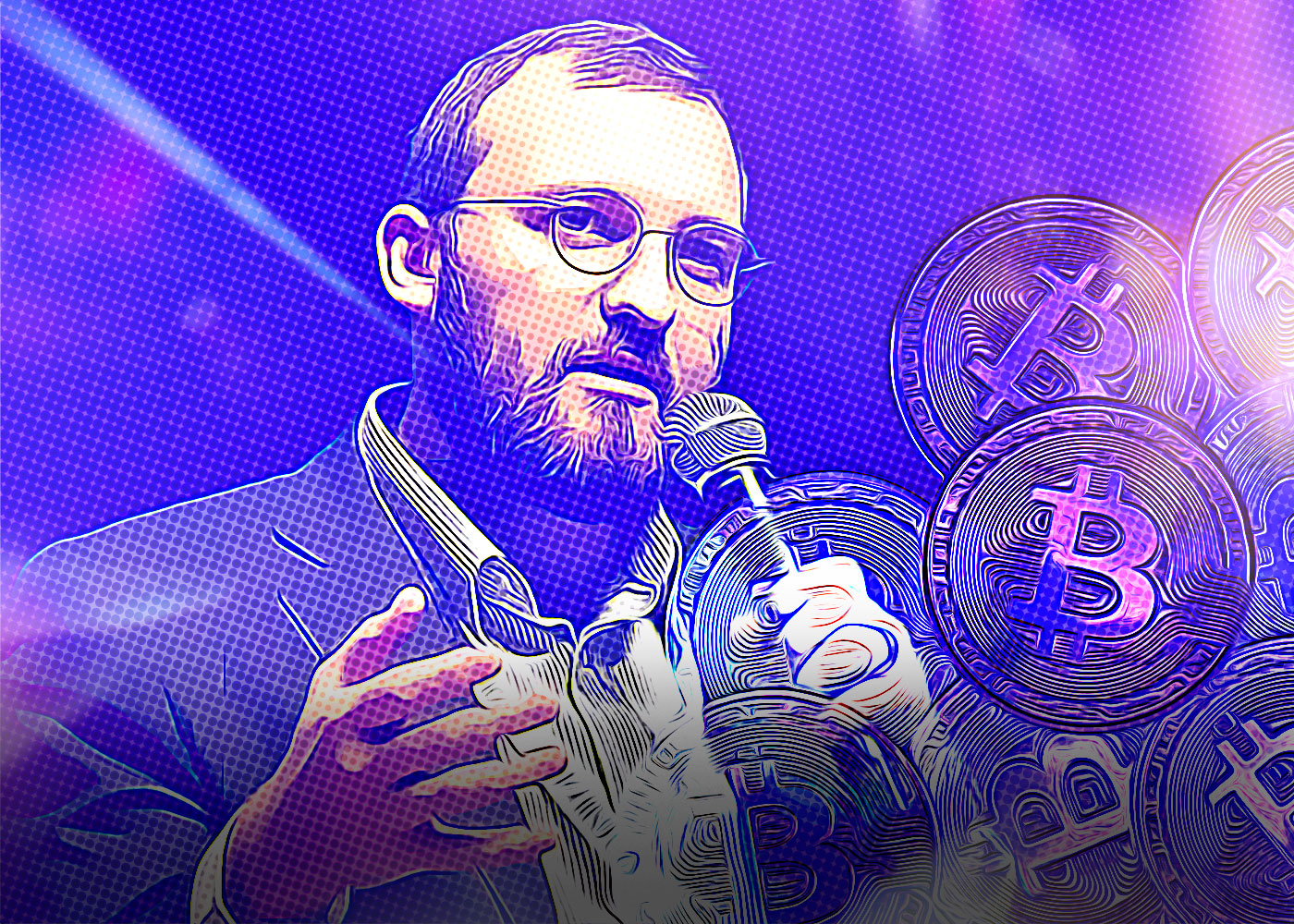Charles Hoskinson, the renowned founder of Cardano, passionately advocates for growing decentralization, viewing it as a critical wake-up call for the cryptocurrency industry. As blockchain technology evolves, the shift towards decentralized systems promises to redefine existing financial structures and bring unprecedented levels of transparency and security. With Cardano at the forefront, Hoskinson’s vision highlights the transformative potential of decentralization, setting the stage for future trends and predictions in the cryptocurrency landscape.
Charles Hoskinson’s Vision for Decentralization in the Crypto Industry
Charles Hoskinson, the founder of Cardano, envisions a decentralized future for the cryptocurrency industry where power and control are more evenly distributed. Cardano aims to set an example for the decentralized model through several strategic initiatives:
- Transparency: Every transaction on the Cardano blockchain is publicly verifiable, promoting transparency and increasing trust among users.
- Community Governance: Cardano incorporates a democratic system where the community can vote on proposals and influence the direction of the project.
- Security: The network’s decentralized nature ensures enhanced security, making it resistant to attacks that typically target centralized systems.
Comparison of Centralized vs. Decentralized Models
| Feature | Centralized Models | Decentralized Models (Cardano) |
|---|---|---|
| Control | Central Authority | Distributed Network |
| Security | Vulnerable to Attacks | More Robust Against Threats |
| Transparency | Limited | High |
| Community Involvement | Minimal | Significant |
Hoskinson believes that decentralization will lead to a more resilient and equitable financial system. His vision for Cardano encompasses not just technological advancements but also a shift towards a more inclusive financial world. Consequently, this decentralized approach could serve as an important wake-up call for the entire cryptocurrency industry, urging others to follow suit.
The Impact of Decentralization on Existing Financial Systems

The concept of decentralization championed by Cardano has significant implications for traditional financial systems. Decentralization can disrupt existing structures in various powerful ways:
Increased Transparency: Unlike centralized institutions, decentralized systems like Cardano offer transparency through blockchain technology. Transactions are public, reducing opportunities for fraud.
Enhanced Security: Decentralization eliminates single points of failure. Cardano’s distributed ledger system improves security, making it challenging for malicious actors to compromise the network.
Reduced Costs: Centralized financial institutions often involve multiple intermediaries, driving up transaction costs. Decentralized platforms streamline processes, offering more cost-effective solutions.
User Empowerment: In contrast to traditional banks, decentralized systems provide users with greater control over their assets. With Cardano, individuals can manage and move their funds without the need for a central authority.
Comparison: Decentralized vs Centralized Financial Systems
| Feature | Decentralized (Cardano) | Centralized |
|---|---|---|
| Transparency | High (Public ledger) | Low (Private records) |
| Security | Enhanced (Distributed network) | Lower (Single points of failure) |
| Costs | Reduced (Fewer intermediaries) | Higher (Multiple intermediaries) |
| User Control | High (Direct management) | Low (Centralized control) |
Through embracing decentralization, Cardano aims to reshape the financial landscape, making it more accessible, transparent, and secure for everyone.
The Future of Cryptocurrency: Trends and Predictions
As the cryptocurrency landscape evolves, several trends and predictions center around the influence of Cardano and other blockchain technologies. Cardano, with its unique approach to scalability and sustainability, serves as a bellwether for the future.
Key Trends:
- Increased Decentralization: Projects like Cardano emphasize decentralization, allowing for more transparent and democratic decision-making processes.
- Interoperability: As various blockchains mature, the need for seamless interaction between different platforms grows. Cardano’s advancement in this area paves the way for more integrated and efficient systems.
- Green Blockchain Initiatives: Environmental concerns push the industry towards sustainable models. Cardano’s proof-of-stake mechanism showcases a more eco-friendly alternative compared to traditional proof-of-work methods.
Predictions:
- Mainstream Adoption: With consistent enhancements, Cardano and other cryptocurrencies will likely see broader acceptance in everyday transactions.
- Regulatory Evolution: The rise of cryptocurrencies will prompt regulatory bodies to create frameworks that encourage innovation while protecting consumers.
- Technological Innovation: Expect continuous advancements in blockchain technology, with Cardano leading innovations in smart contracts and decentralized applications (dApps).
In conclusion, Cardano exemplifies the potential of cryptocurrencies to revolutionize the financial sector, setting the stage for a more decentralized and integrated digital economy.
Frequently Asked Questions
Who is Charles Hoskinson?
Charles Hoskinson is a prominent figure in the cryptocurrency industry, known for being one of the co-founders of Ethereum and the founder of Cardano, a proof-of-stake blockchain platform. His work in blockchain technology has earned him recognition as an advocate for decentralization and innovation within the crypto space.
What is Cardano?
Cardano is a decentralized blockchain platform that aims to provide a more secure and scalable infrastructure for the development of decentralized applications (dApps). It uses a unique proof-of-stake consensus mechanism called Ouroboros, which is designed to be both energy-efficient and secure. The platform also focuses on academic research, peer-reviewed development, and a layered architecture to ensure robustness and flexibility.
What does growing decentralization mean for the cryptocurrency industry?
Growing decentralization refers to the increasing distribution of control and decision-making processes across a broad network of users and nodes rather than being concentrated in a single entity or small group. For the cryptocurrency industry, this signifies more security, transparency, and resilience. It reduces the risks associated with central points of failure, censorship, and control, thereby empowering users and fostering innovation.
How can Cardano’s approach serve as a wake-up call for the cryptocurrency industry?
Cardano’s approach to blockchain technology—emphasizing peer-reviewed research, formal methods, and a commitment to decentralization—serves as a model for the cryptocurrency industry. It highlights the importance of building systems that prioritize security, scalability, and long-term sustainability. By setting these standards, Cardano challenges other blockchain projects to adopt rigorous development practices and focus on creating genuinely decentralized ecosystems.








A fantastic resource for understanding blockchain technology and its uses